letters
Loved ones who are gone leave many letters—all the letters of their name, their sayings, the whole book of their life. The letters start to go too. They leave spaces. You start to call her on the phone and remember that she can't pick up, and you can't hear her customary greeting; you think of what you wanted to work with him to build, but that plan is a car with half its parts missing, and tubes and wires sticking out everywhere; the principles you learned from their judgements are impressions left in outline—hopefully enough, but not the same thing.
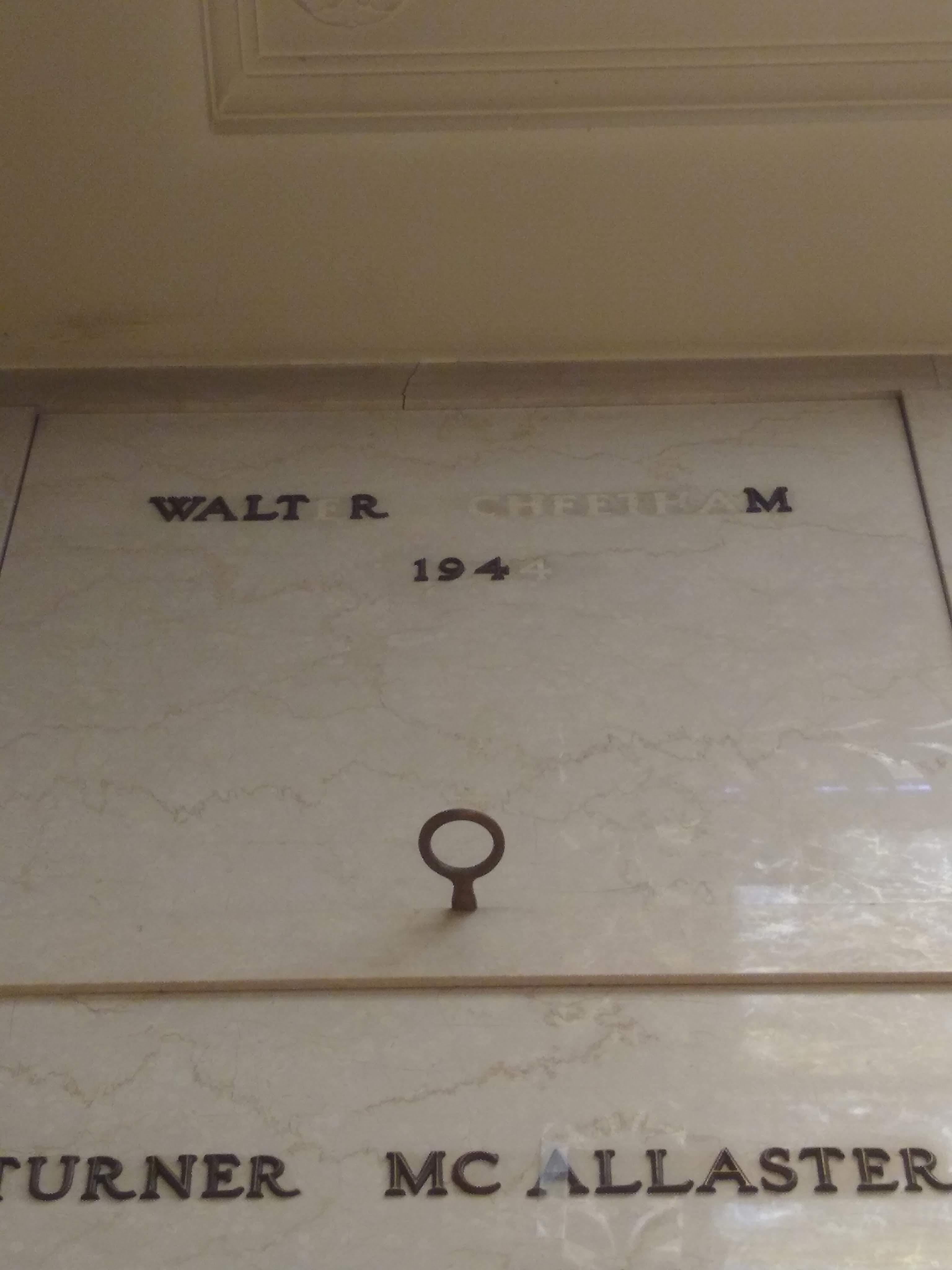
Letters are gone. They leave outlines. At least at first, the outlines say what the letter was, even though the outlines don't have the weight and volume of the letters themselves.
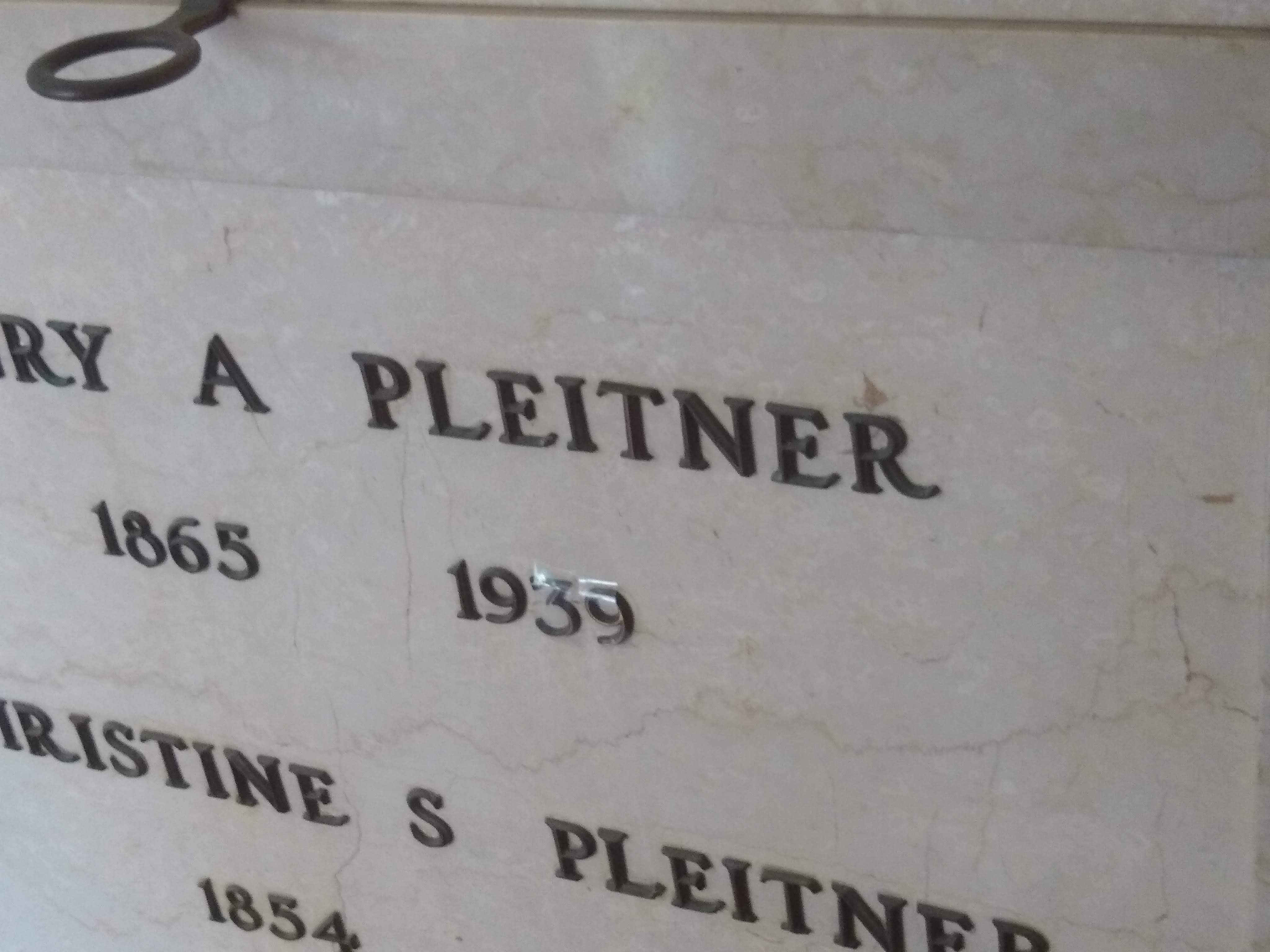
Some of the anchors—dates, times, facts—might start to slip or get lost. We can try to put them back, but it's a struggle. Some things aren't so easy to fix to the crypt front, like spirits and principles and dreams and feelings—ways that we were, in relation to the loved one. Those things are more of a struggle to keep, and it may be a losing battle.
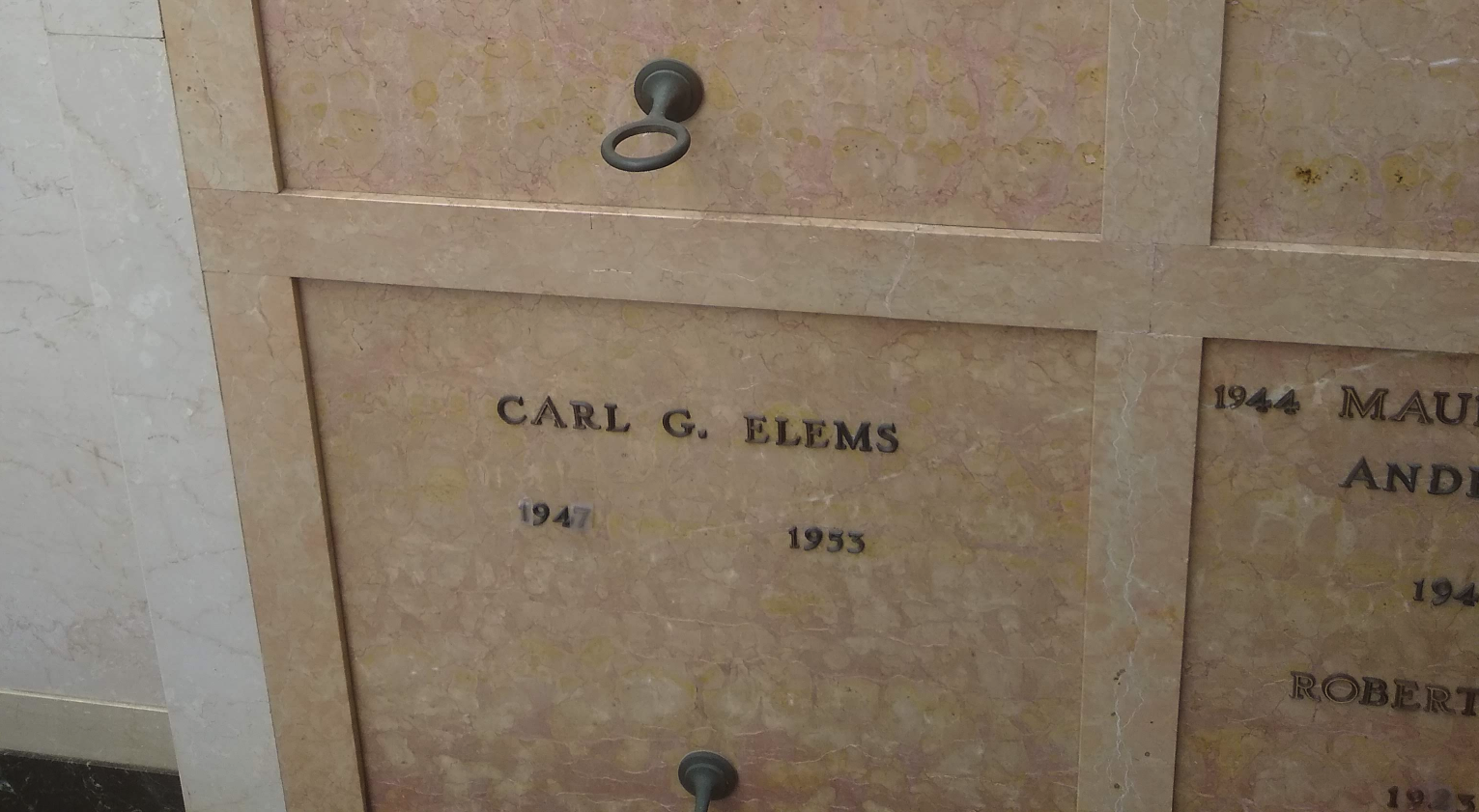
It's hard to keep the memories in place. When we repair a memory, we might block out the original. When it falls and we pick it up and affix it back in place—when we retrieve and rewrite the memory—we replace it with a more opaque version, a summary that is workable but that might obscure some details. The details of the living person are where the fullness of their eternal soul would have shone through in many fragments by way of many details.
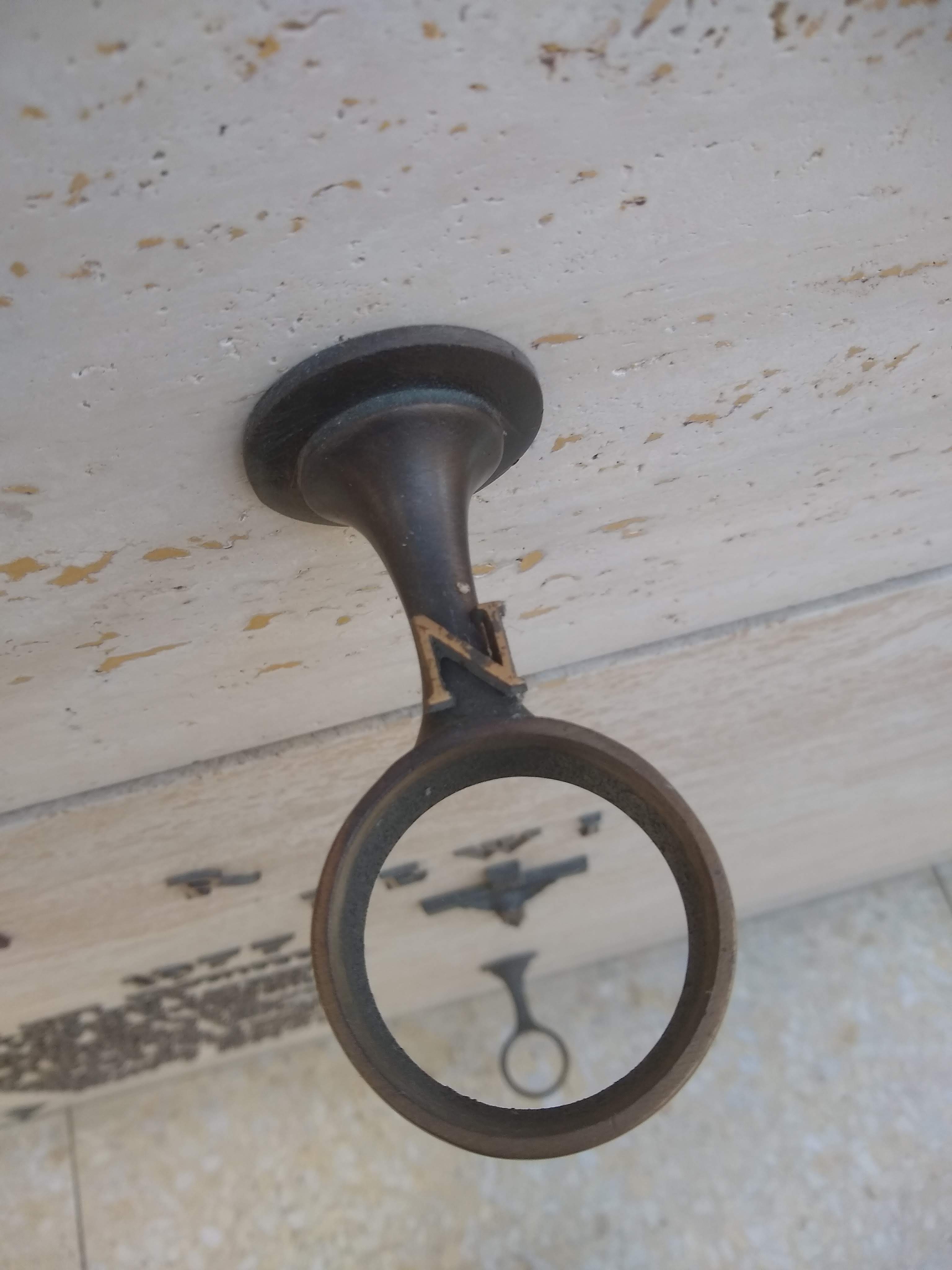
We have parts of ourselves that we know must have come from somewhere. But they're just... there, as if they'd always been there since time began. They must have come from someone, but we don't know who.
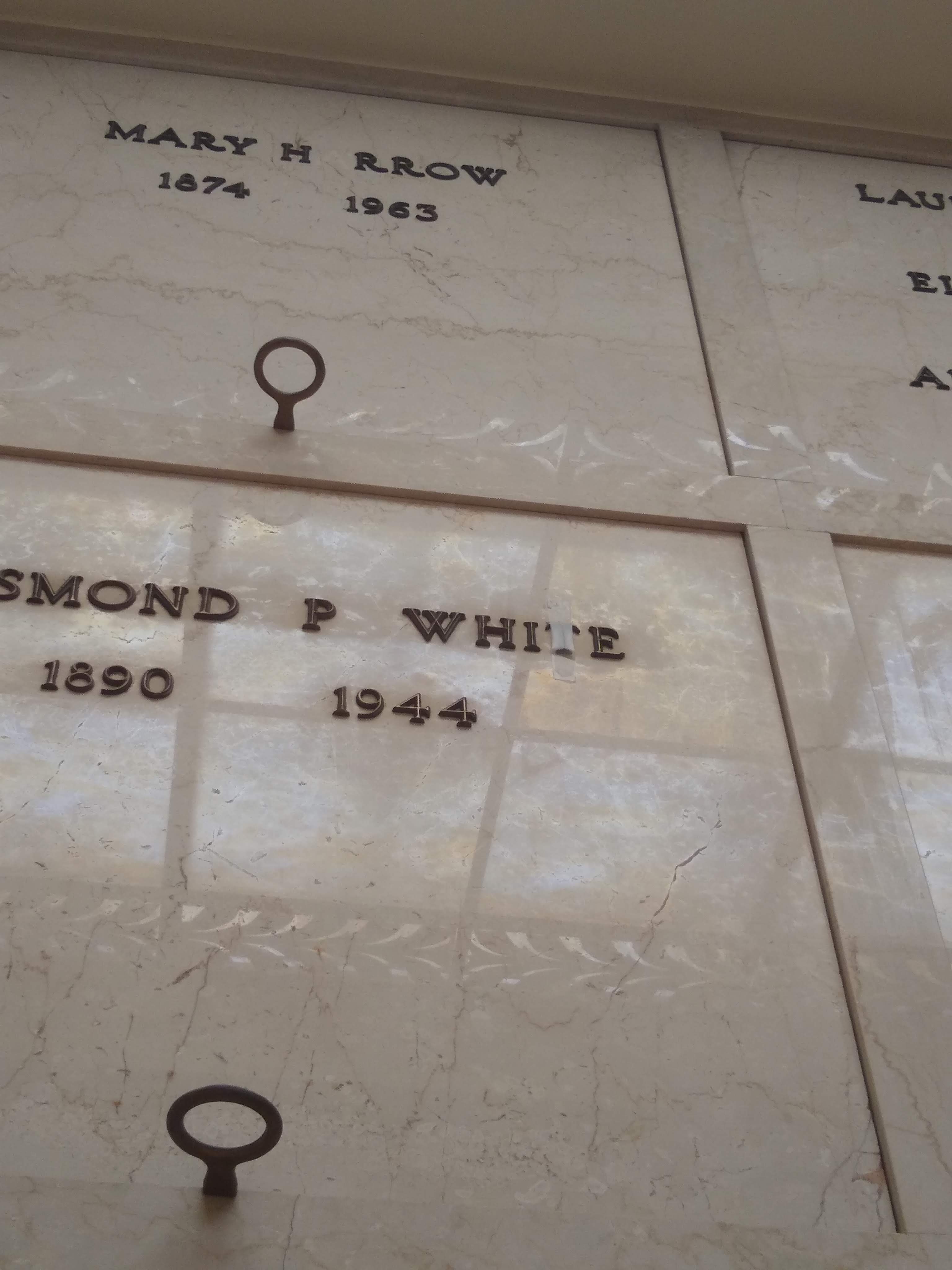
If you're not looking carefully, you sometimes don't notice what's gone. If you look closer, you see that things are missing, decaying, falling away. There might not be much you can do about that.
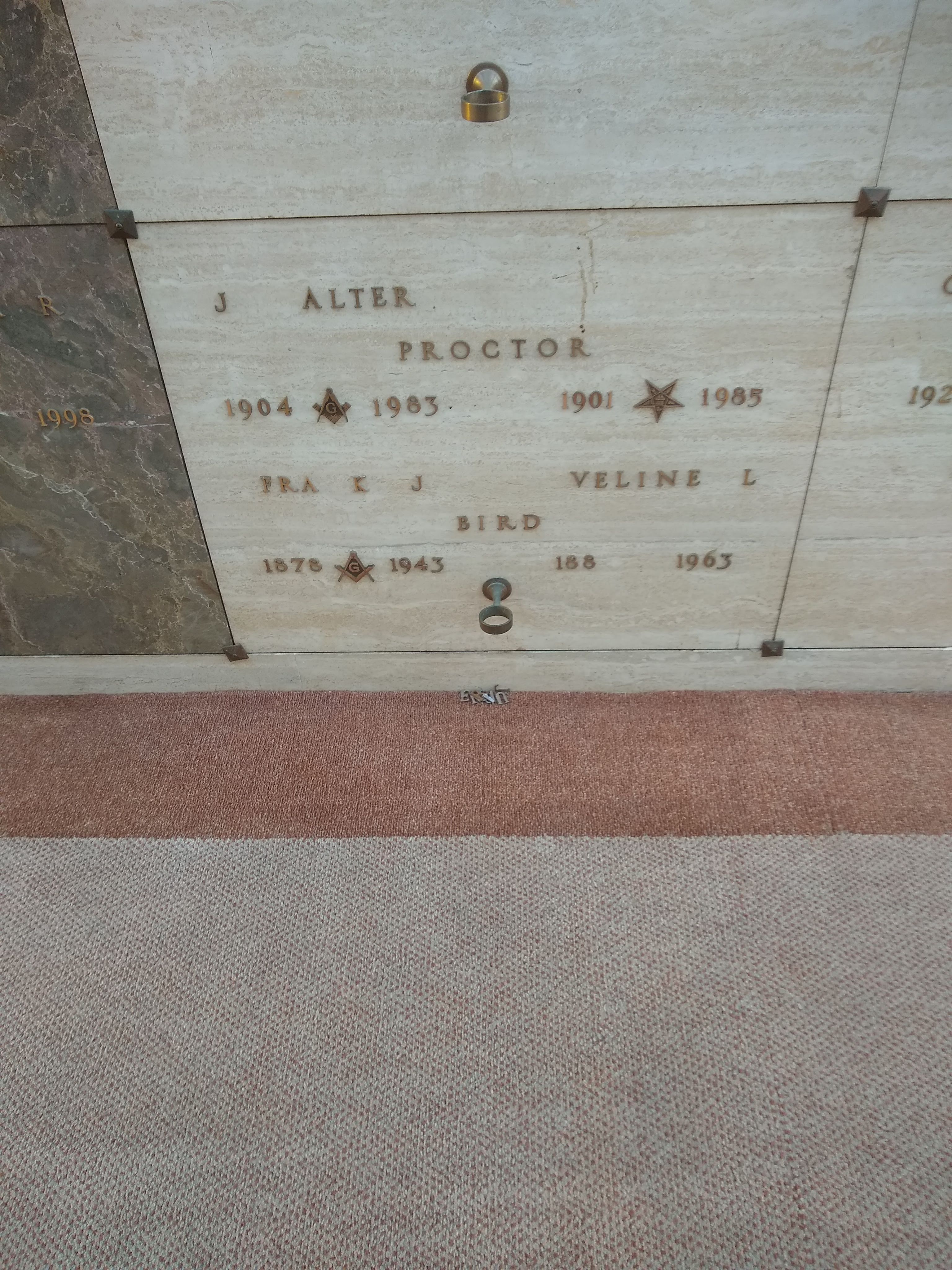
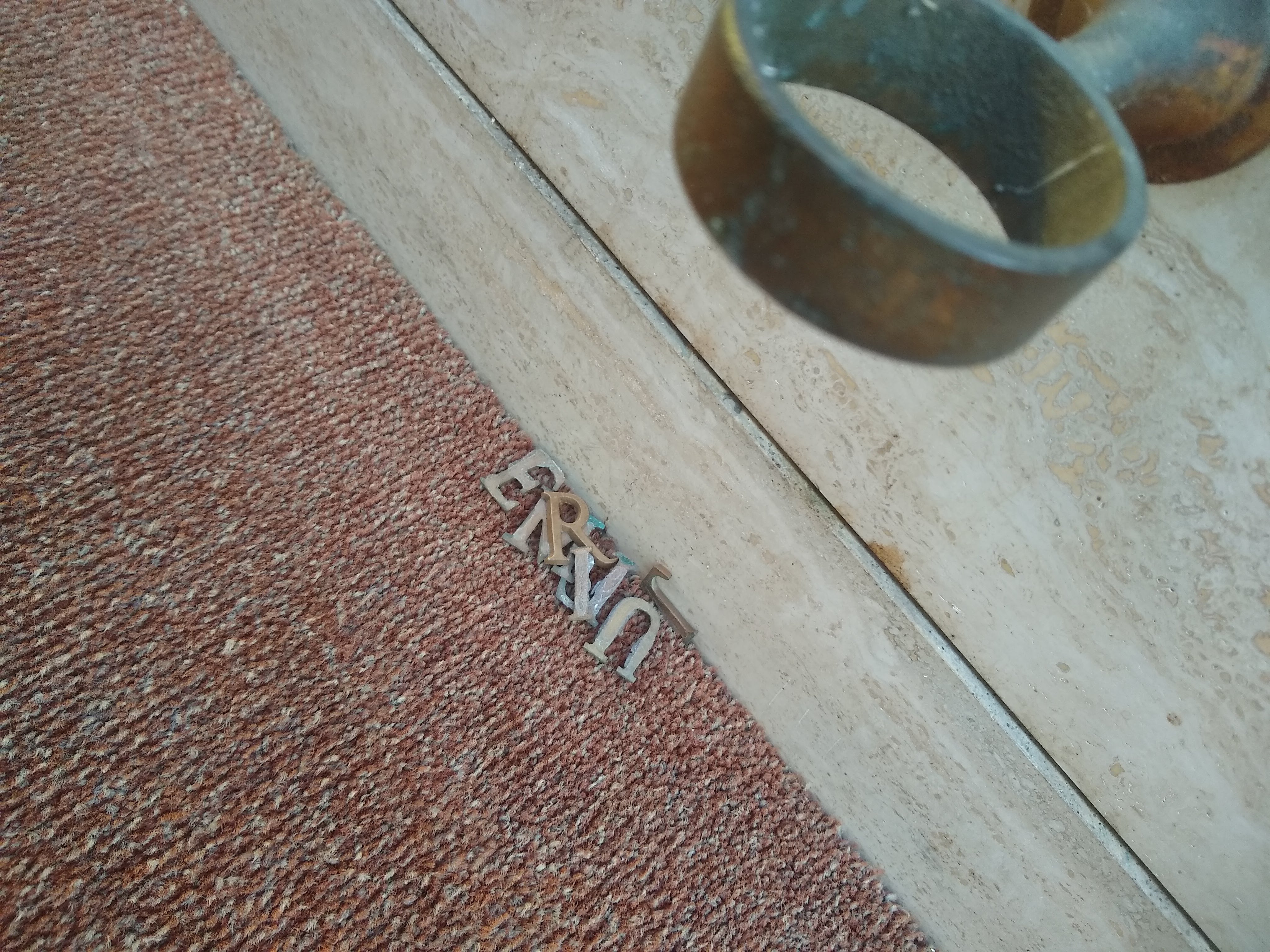
There are many lost letters left by loved ones who are gone. We know to gather them, but we may not know what to do with them. Are they to become ancestor voices, ideologies, archetypes? Are they for making our souls? How can these memories be for a blessing?
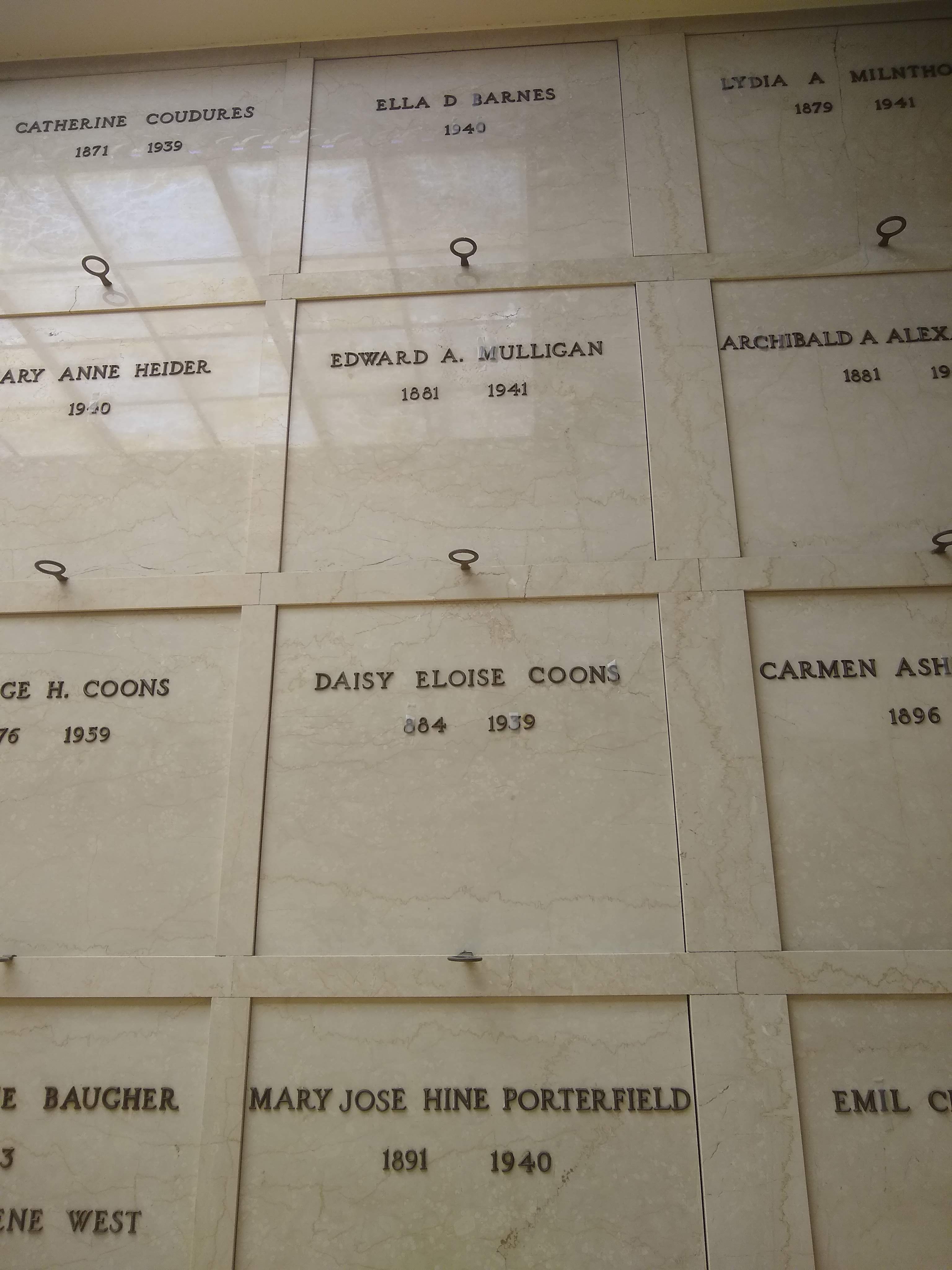
Even as we try to repair what has been falling away, still, there will be pieces that go really missing, that we can't find again and can't put back.
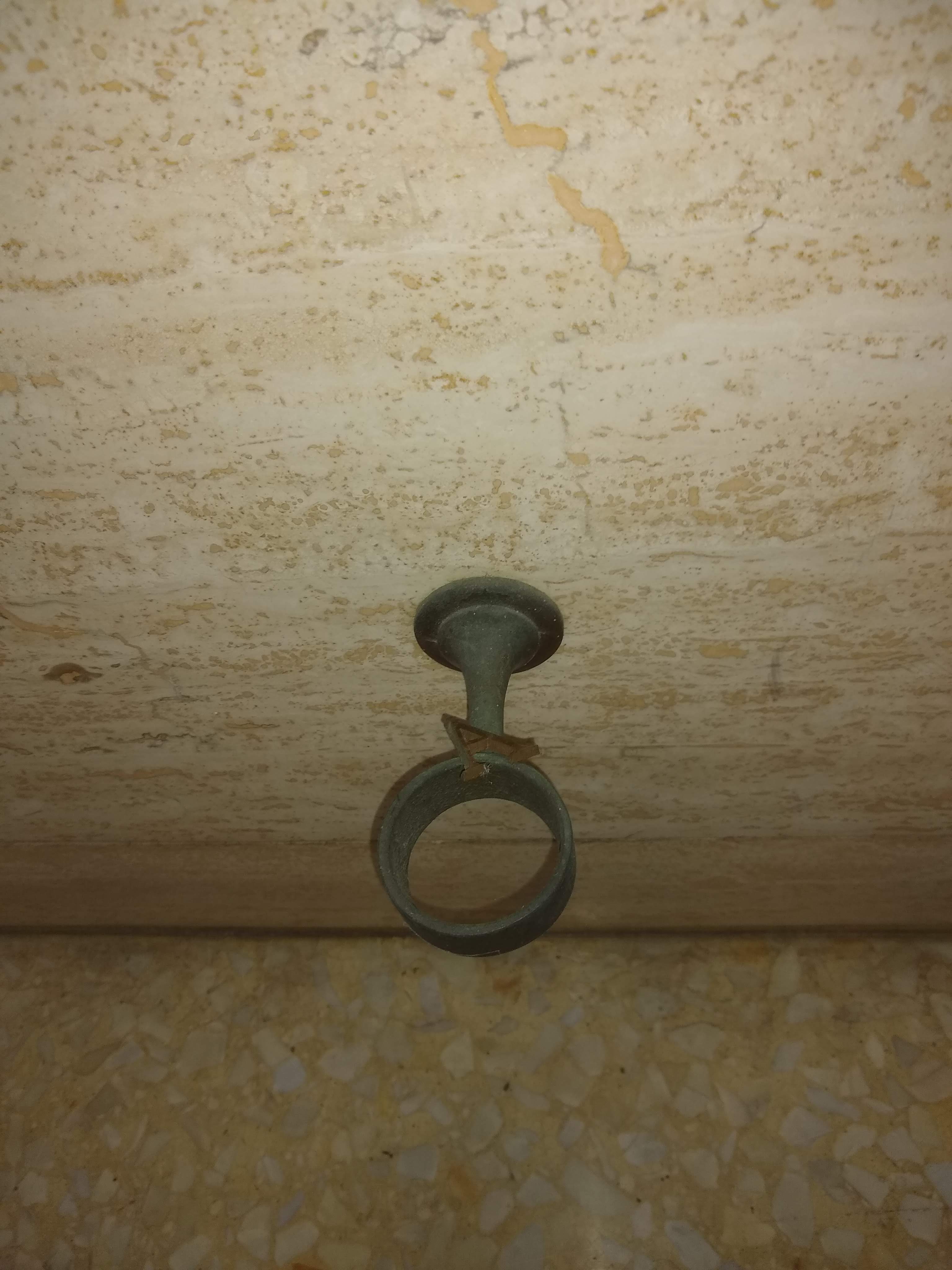
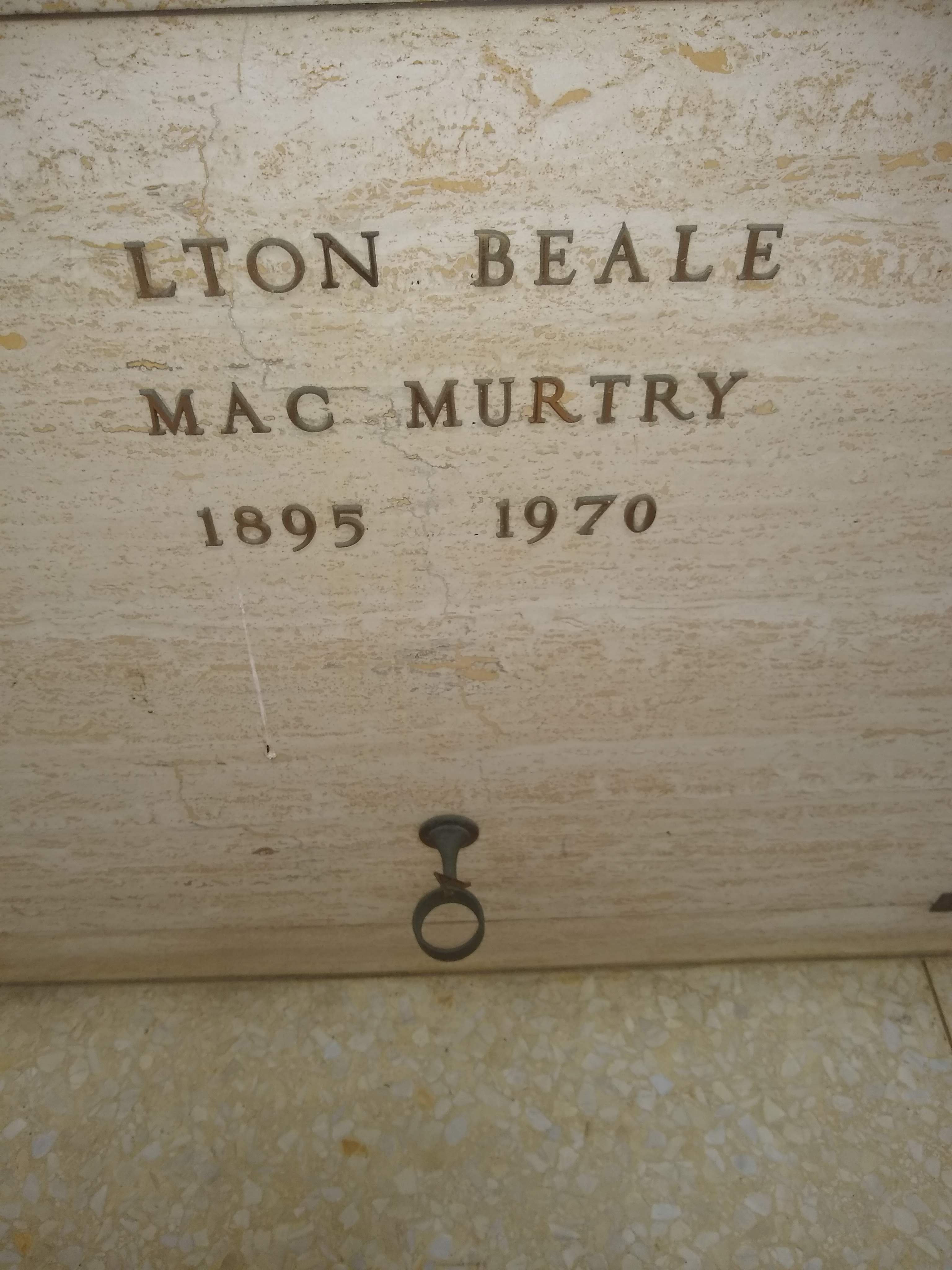
Sometimes we're not quite sure where a memory came from. We have a good guess, but we'll leave it as-is for now.
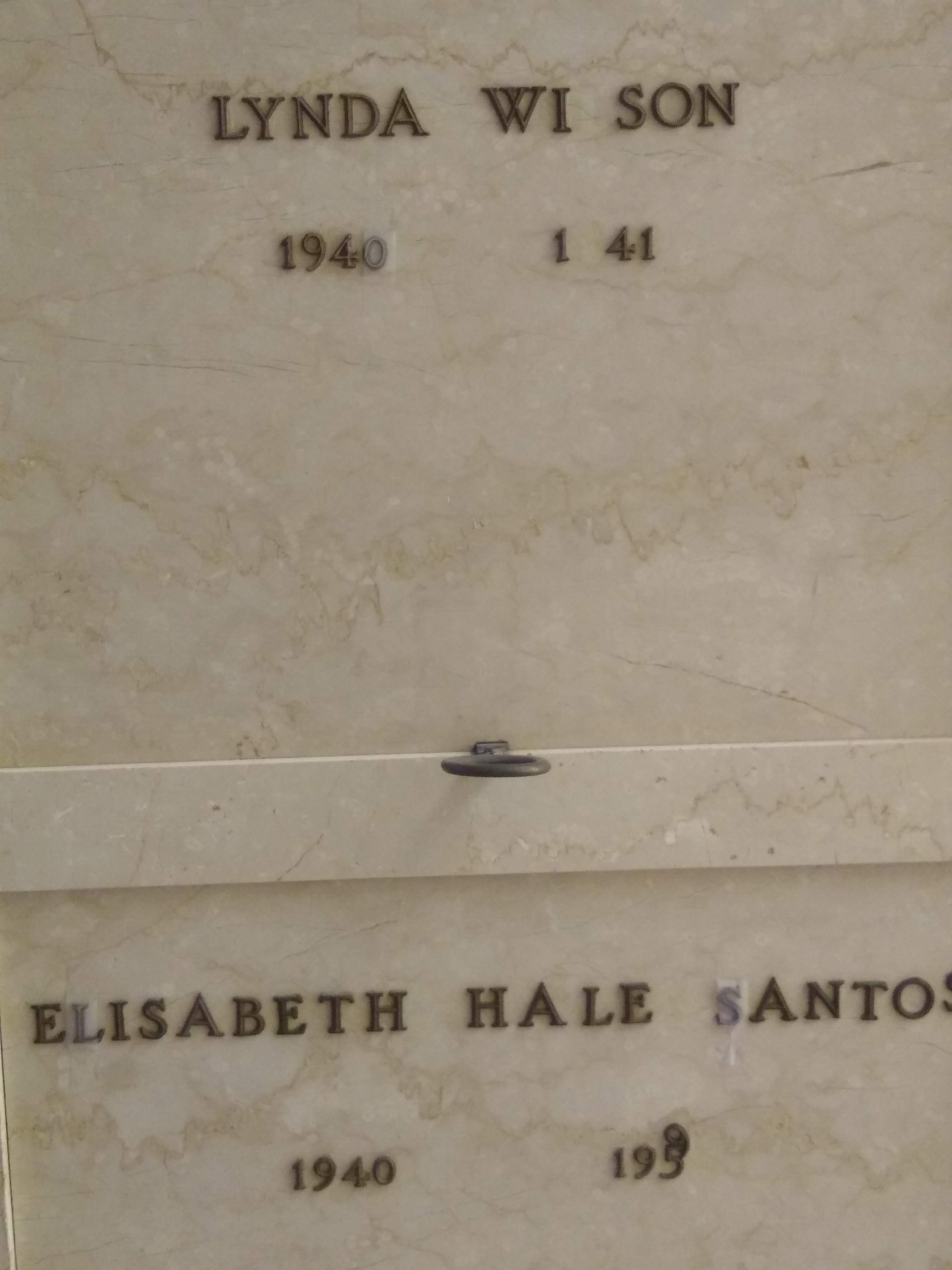
Things get lost, and even if we find them, we might misreplace them—put them back not quite rightly.
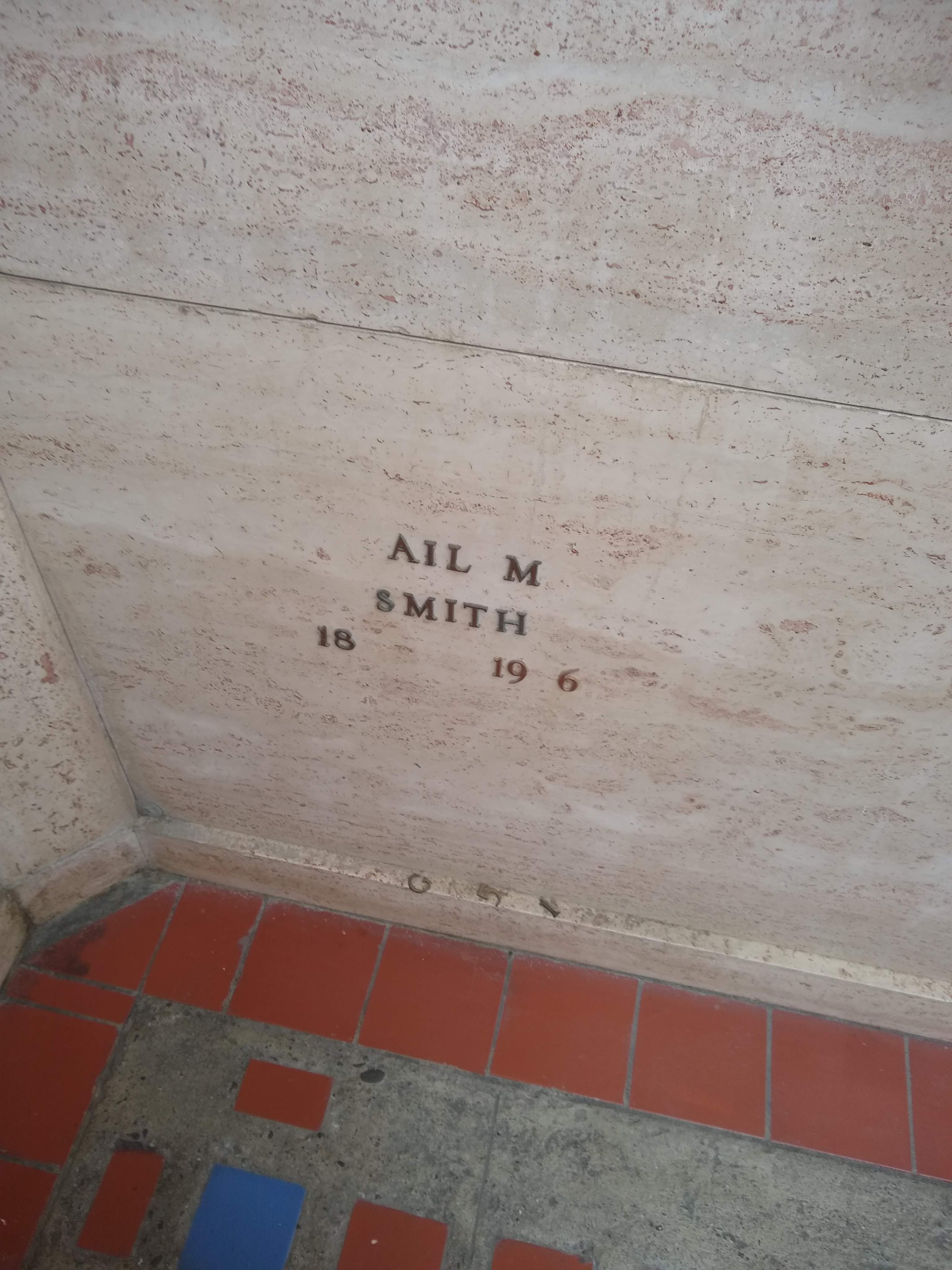
At first it feels as though, since she is a mountain, she cannot be nowhere, because a mountain cannot disappear. But the mountain is gone and her rocks fall away, and there's no best time and no good way to put them back, because their proper place is gone.
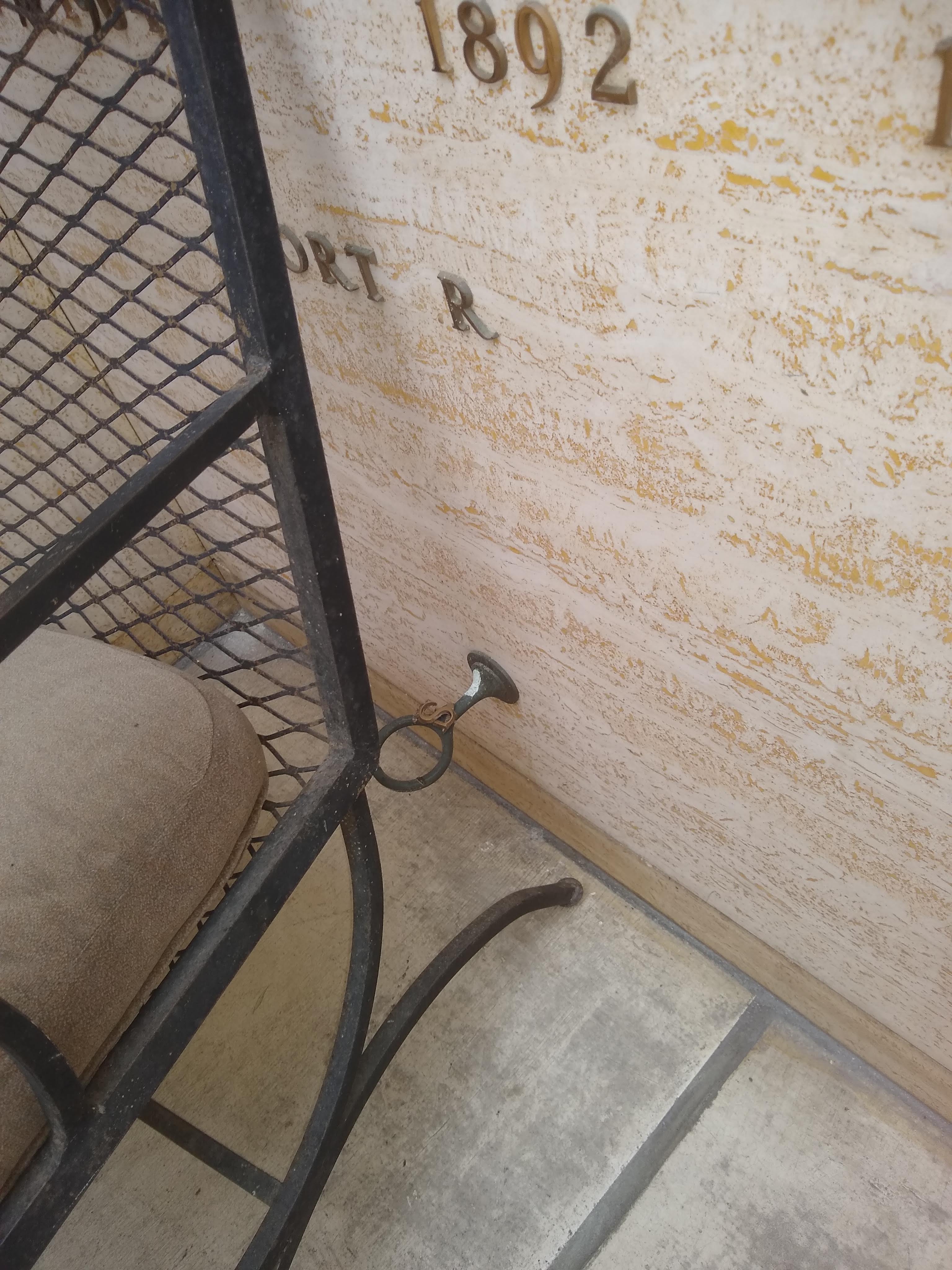
We hide away some fragments, maybe intending to get back to them, but then forget them hidden in the corner where we left them.
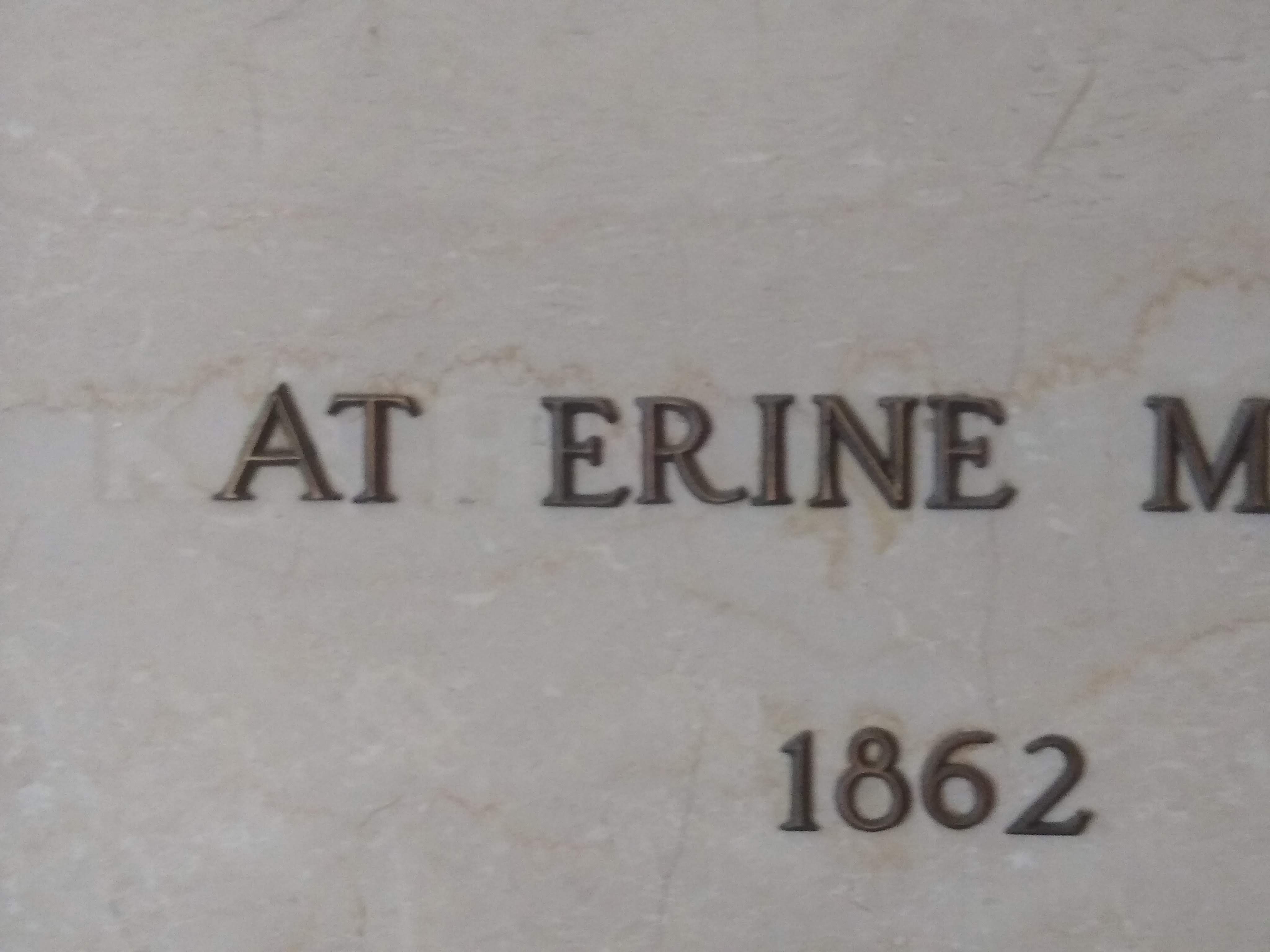
As pieces are submerged, we have to work harder and harder to think of what the whole had been, as a whole, in its fullness. It is long since submerged, but even our image of it is becoming submerged.
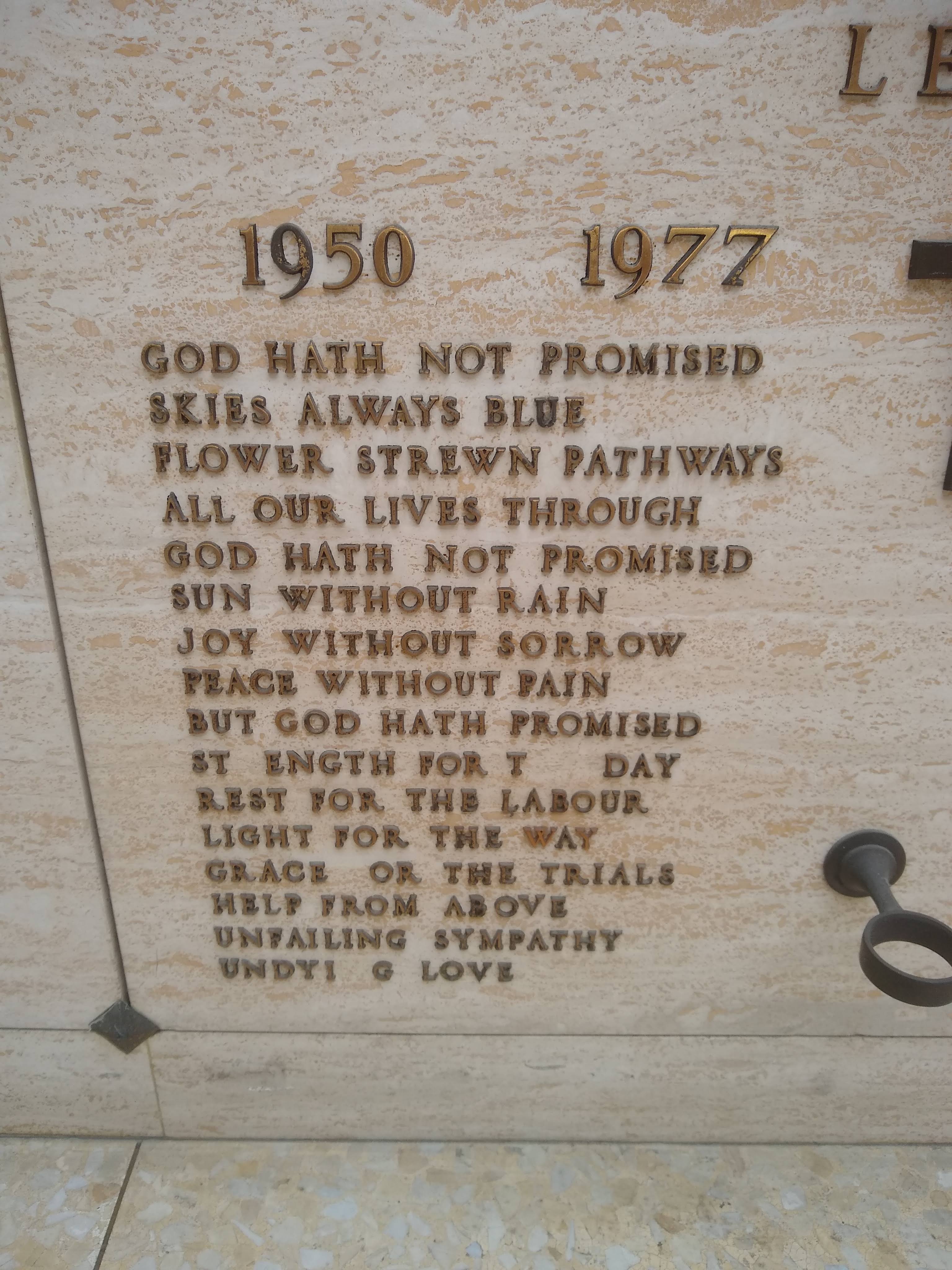
Even the words they said out loud to us might degrade, no matter how explicit they were.
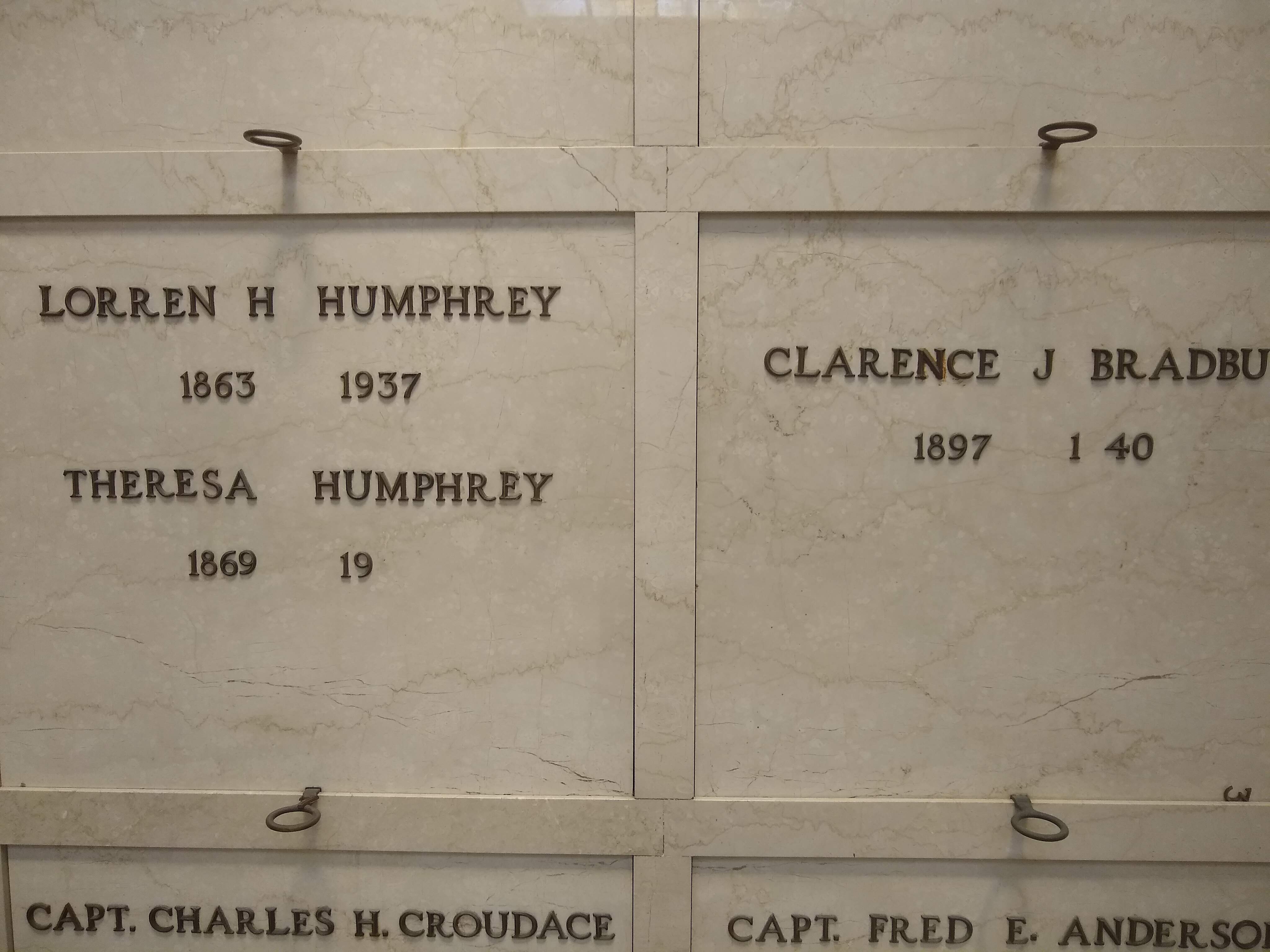
An element of someone who's gone might detach, and migrate around. Our first guess at where it came from might not make sense on further reflection.
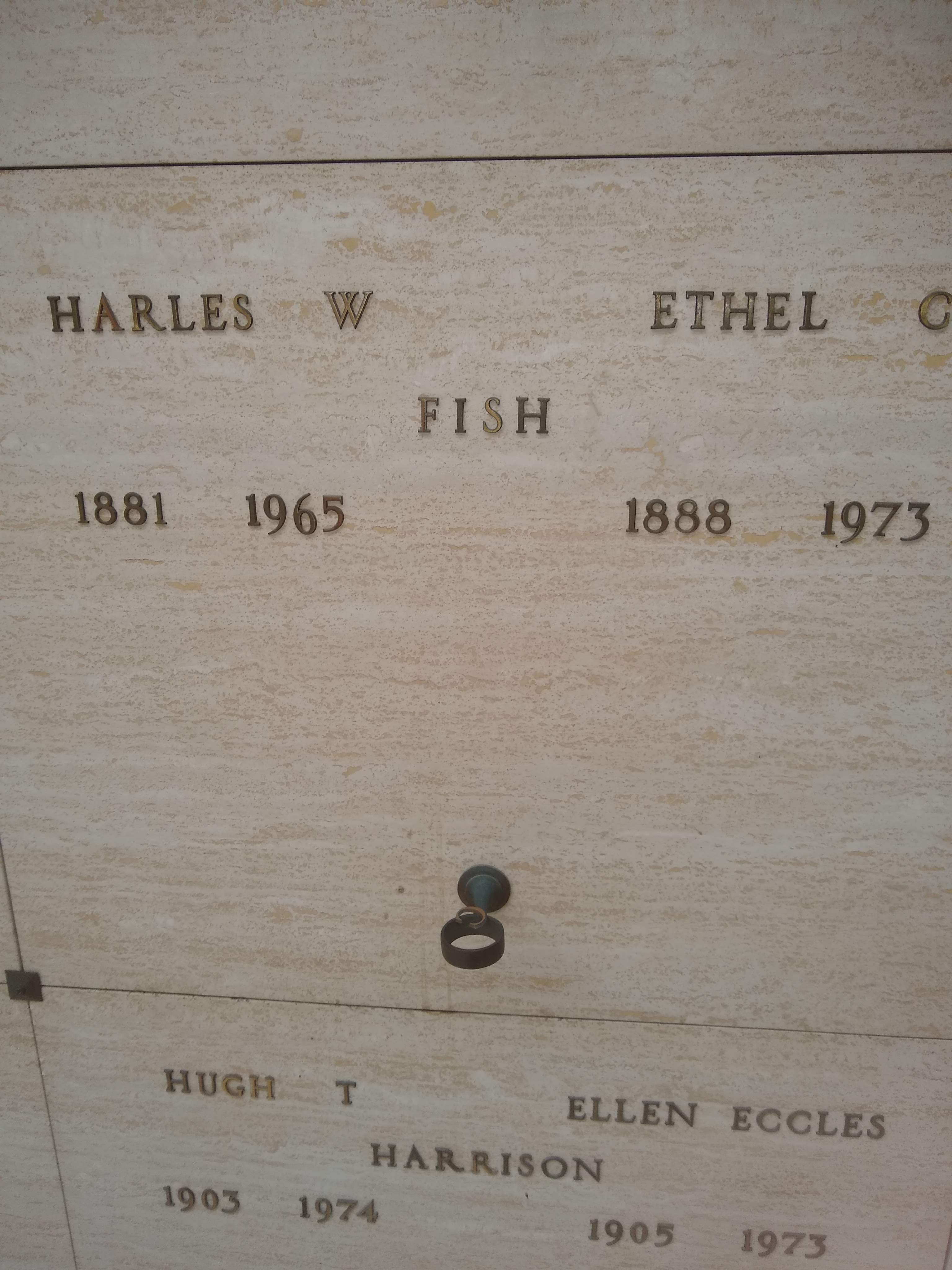
If we think about it, we might be able to figure out where a part of ourselves came from.
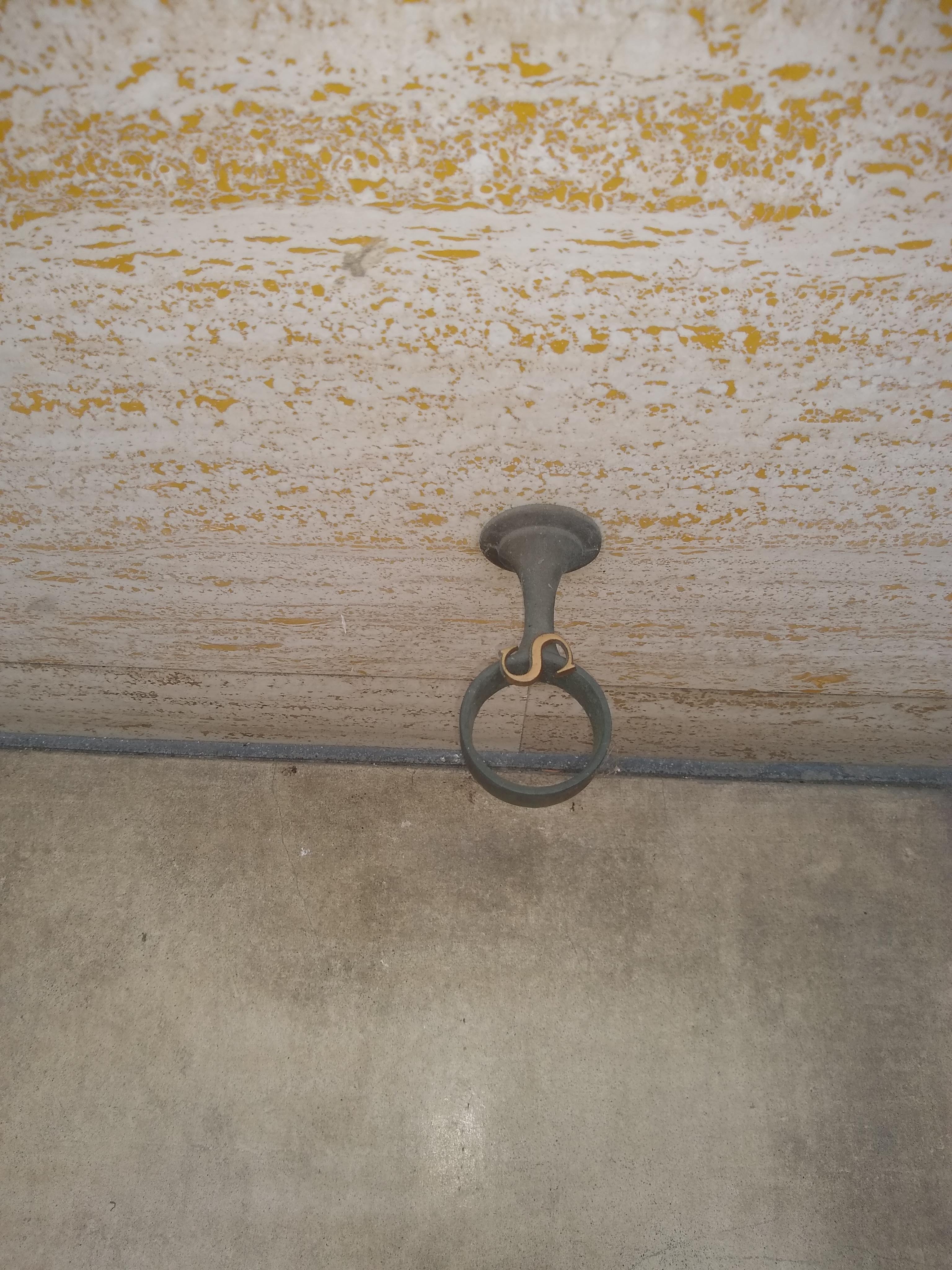
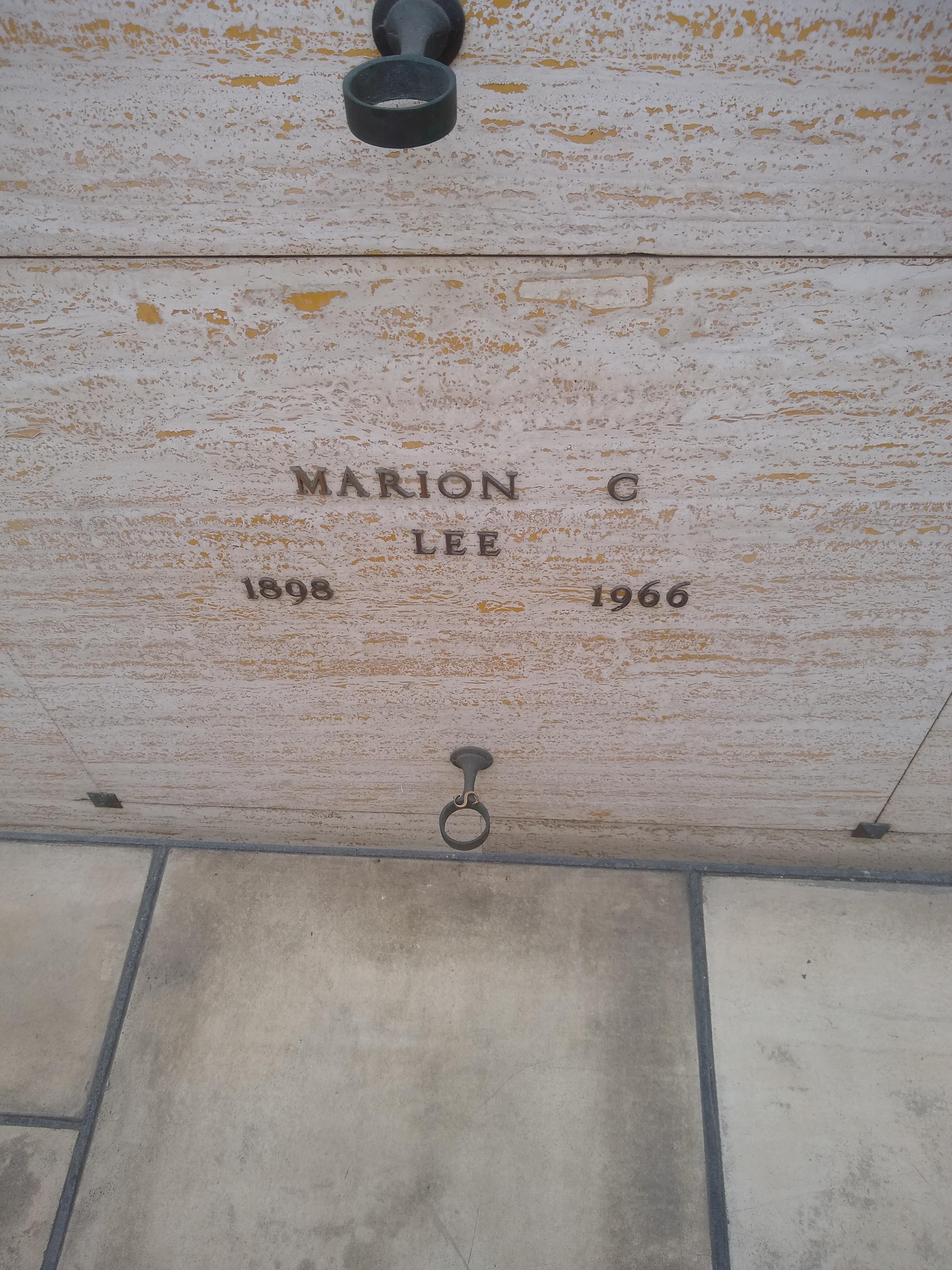
But sometimes, it's lost. We don't know where it came from.
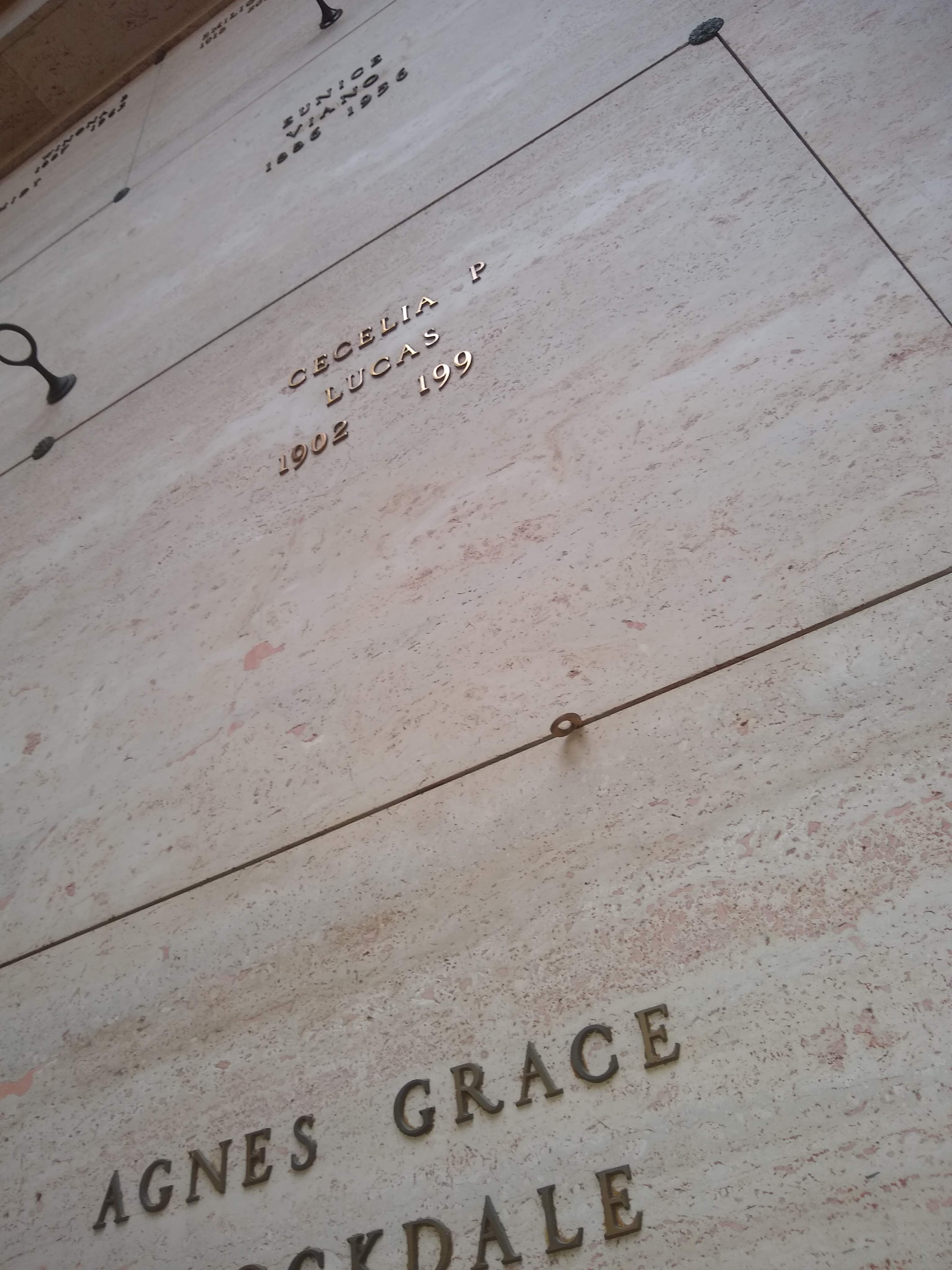
Some elements might end up in strange places. How did they get there? A piece of advice, from some lost ancestor, there at the right time. You can feel their love, but it's hard to love them back because you don't know where this kind and perfect advice came from.
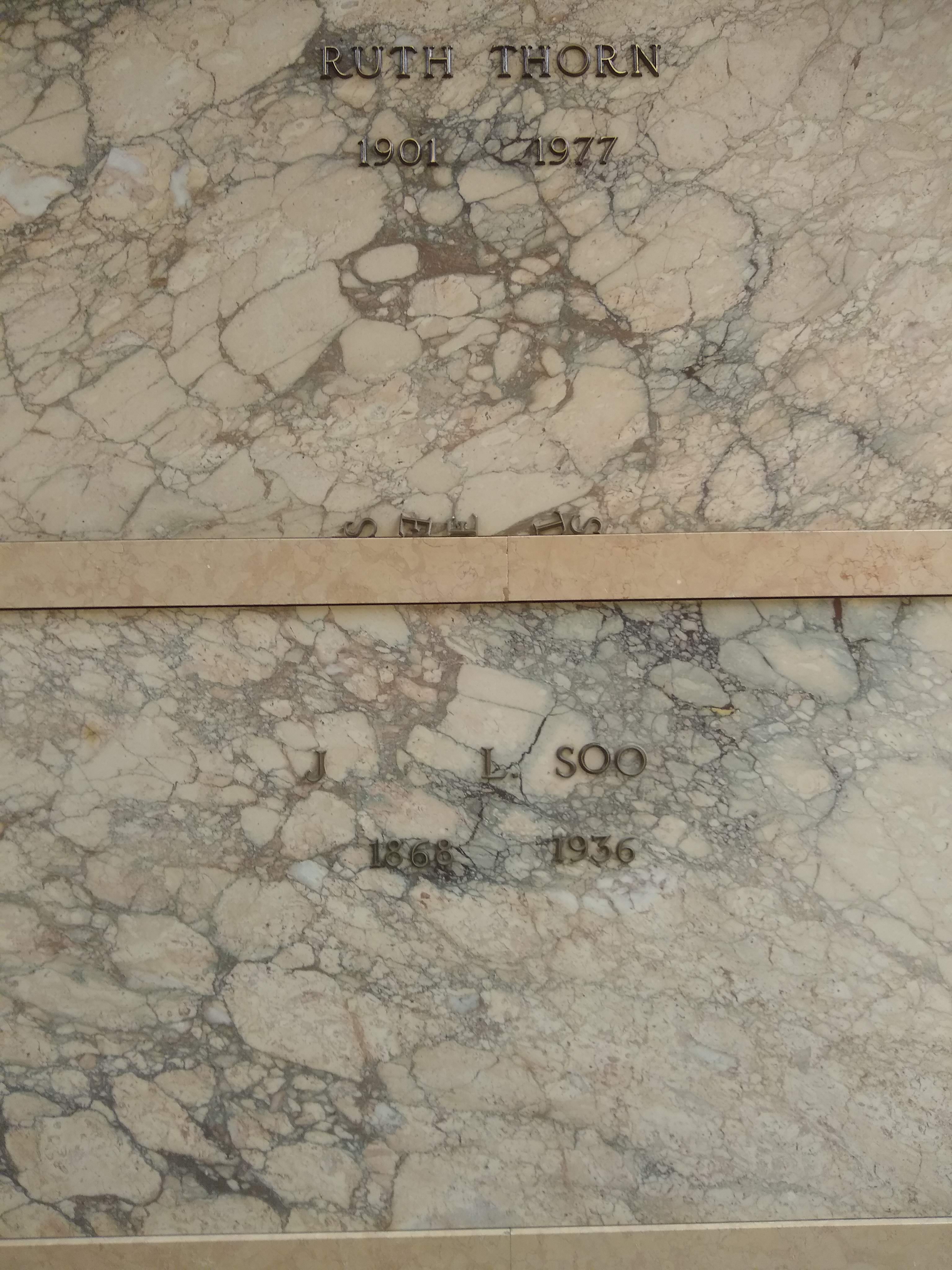
If there are too many older memories of loved ones that have fallen out of place, they can get all jumbled together. We might start forgetting what order they went in. Individual episodes, feelings, words, and elements of their spirit are still there—but the coherent ordered whole from which these memories sprang, with so much more behind it and so much more to give and grow, is submerged inaccessibly, forever.
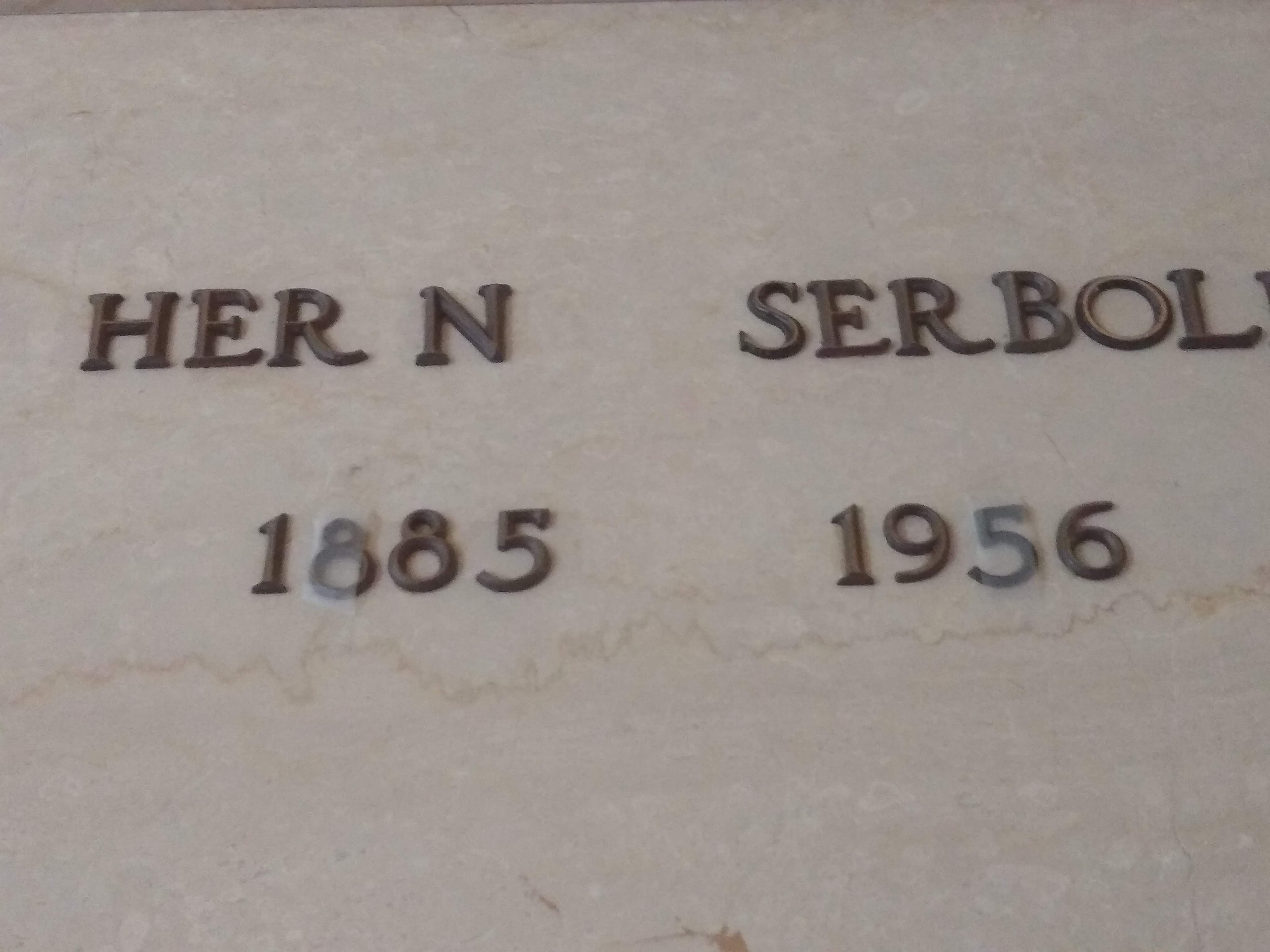
After some time, things are so faded that you're not sure anymore if you can tell what they originally looked like.
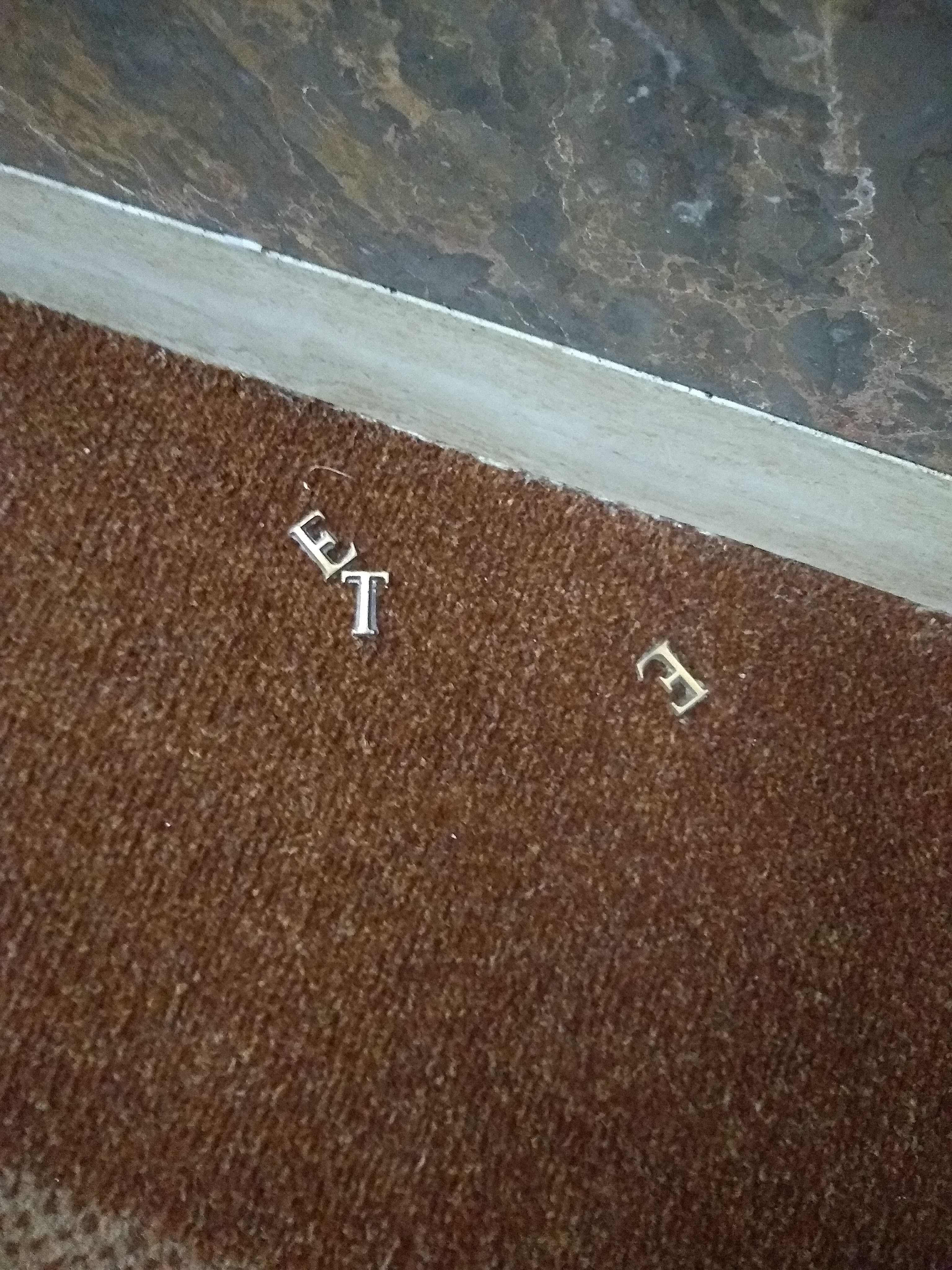
Some spirit elements are forlorn. Pulled out of their context, and forgotten, not set aside for repair but left to their own devices. They gather with each other in the empty unremarked places.
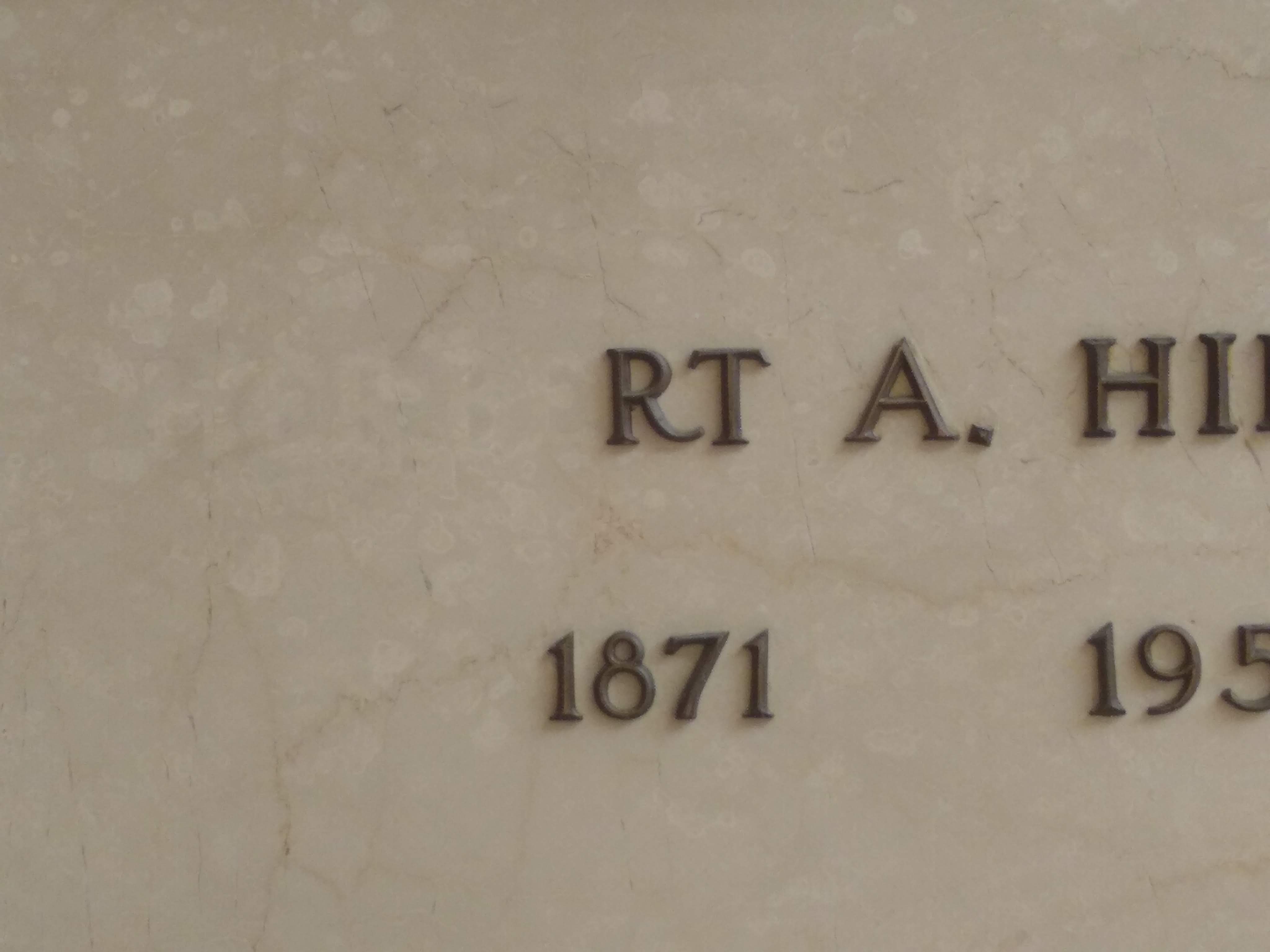
Sometimes, so much is gone that all we have left is a stem. A symbol, a box of items, an essay, a quilt. But the world is gone. Maybe if you gaze intently enough you can still see the afterimage—But yes the world is gone.
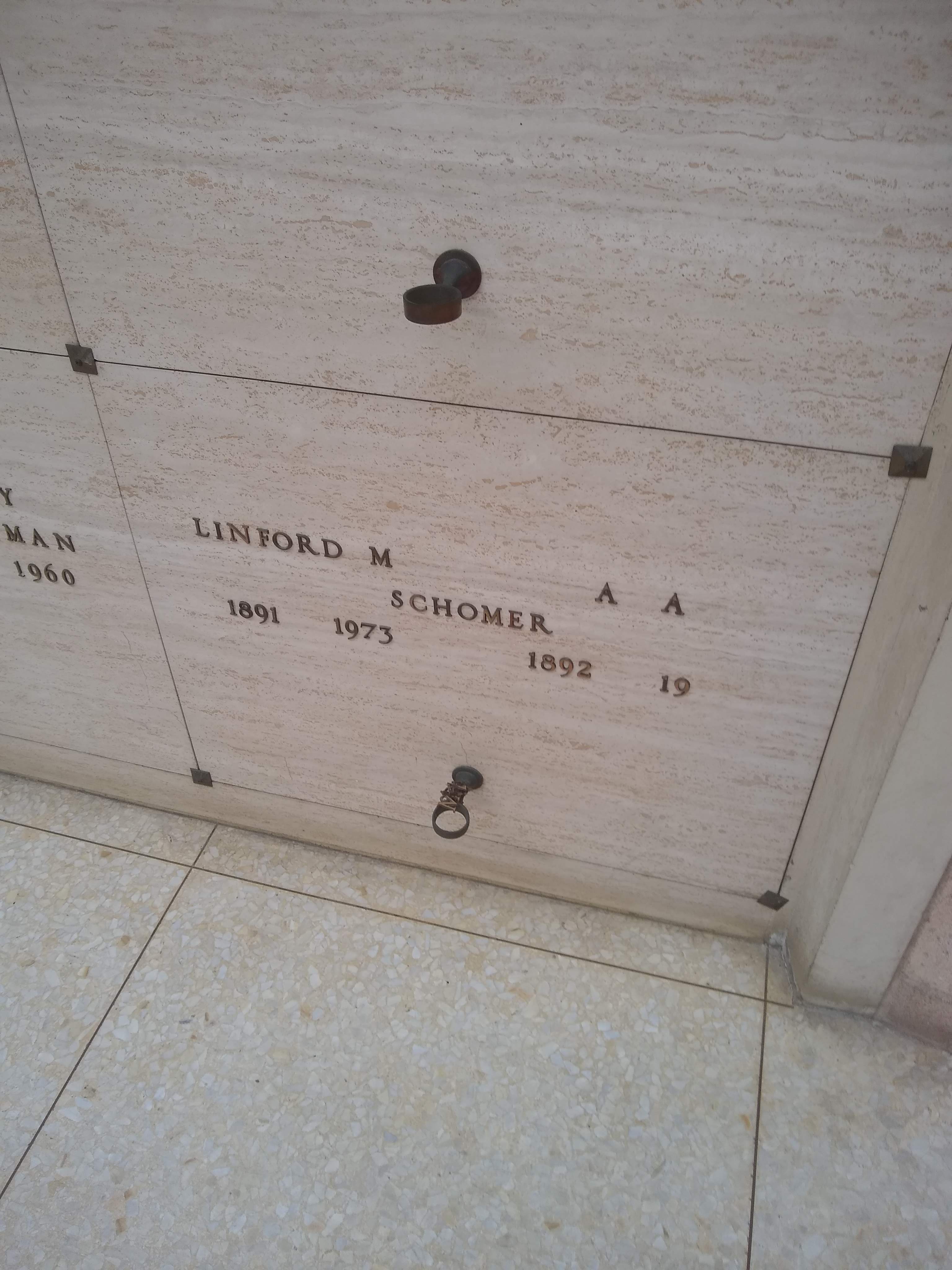
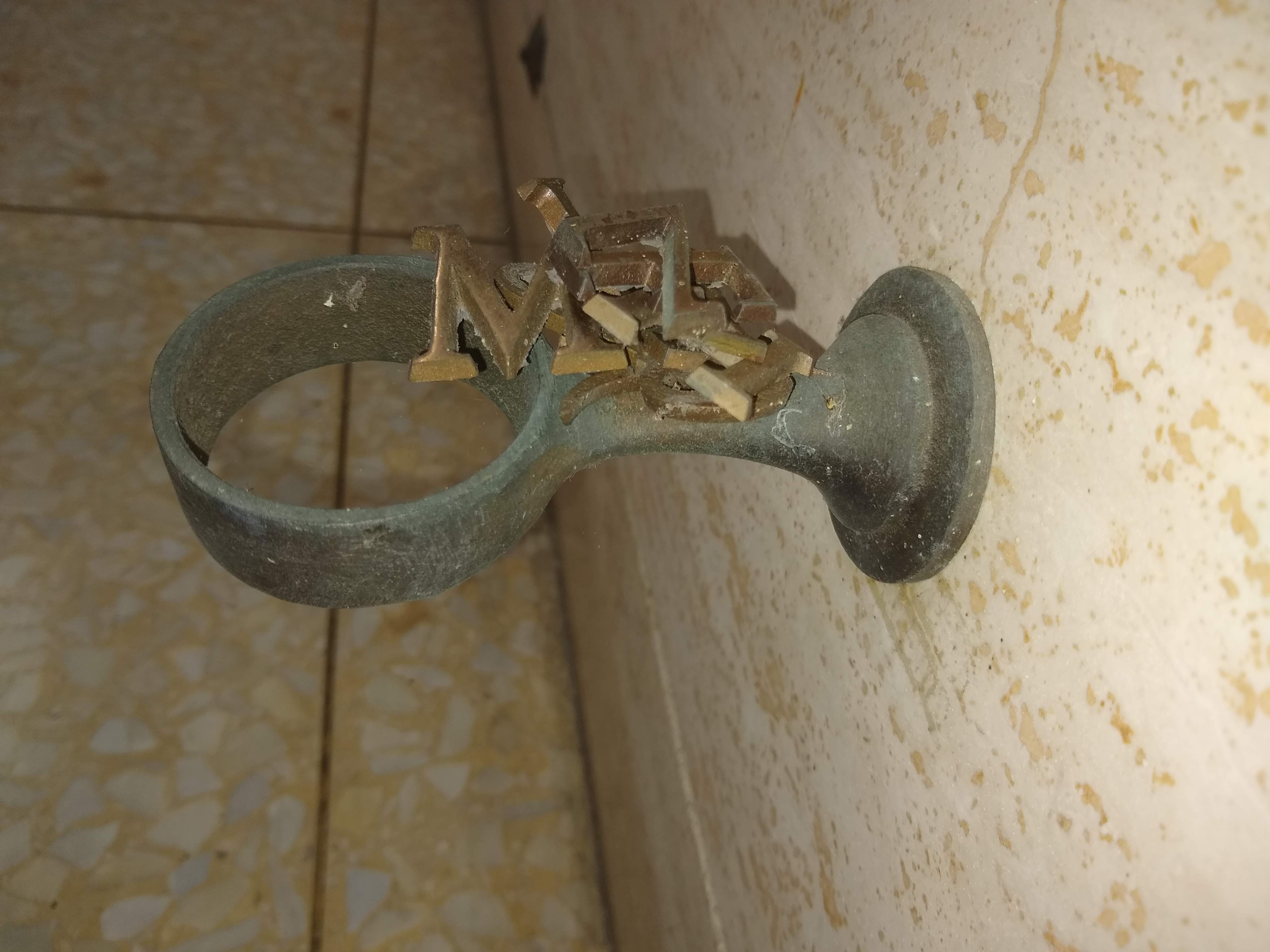
Those worlds that are gone leave so much for us to give to ourselves and each other, and from which to make ourselves and each other. In that way we can put the letters back in living words, which give them their proper significance, enthronement, and resplendent repose. The spirit-elements are made volatile, even more themselves and even more ready to express themselves together with other spirit-elements within living souls. Their true place is gone forever and their originary open thriving must be deferred forever. But in this way they are for a blessing.
[I'll honor requests to anonymize or remove specific images. You can let me know at my gmail address, username: tsvibtcontact . Those who have died should be honored, for the sake of their own spirit, and for the sake of what they mean to the living. My hope with this post is not to gawk at or make light of their resting places, or to make some recommendation or judgement, but rather to simply meditate on these things. As there are many images of mausoleum crypts already published on the internet showing names, including a few from this cemetery, my guess is that this is not inherently disrespectful.]